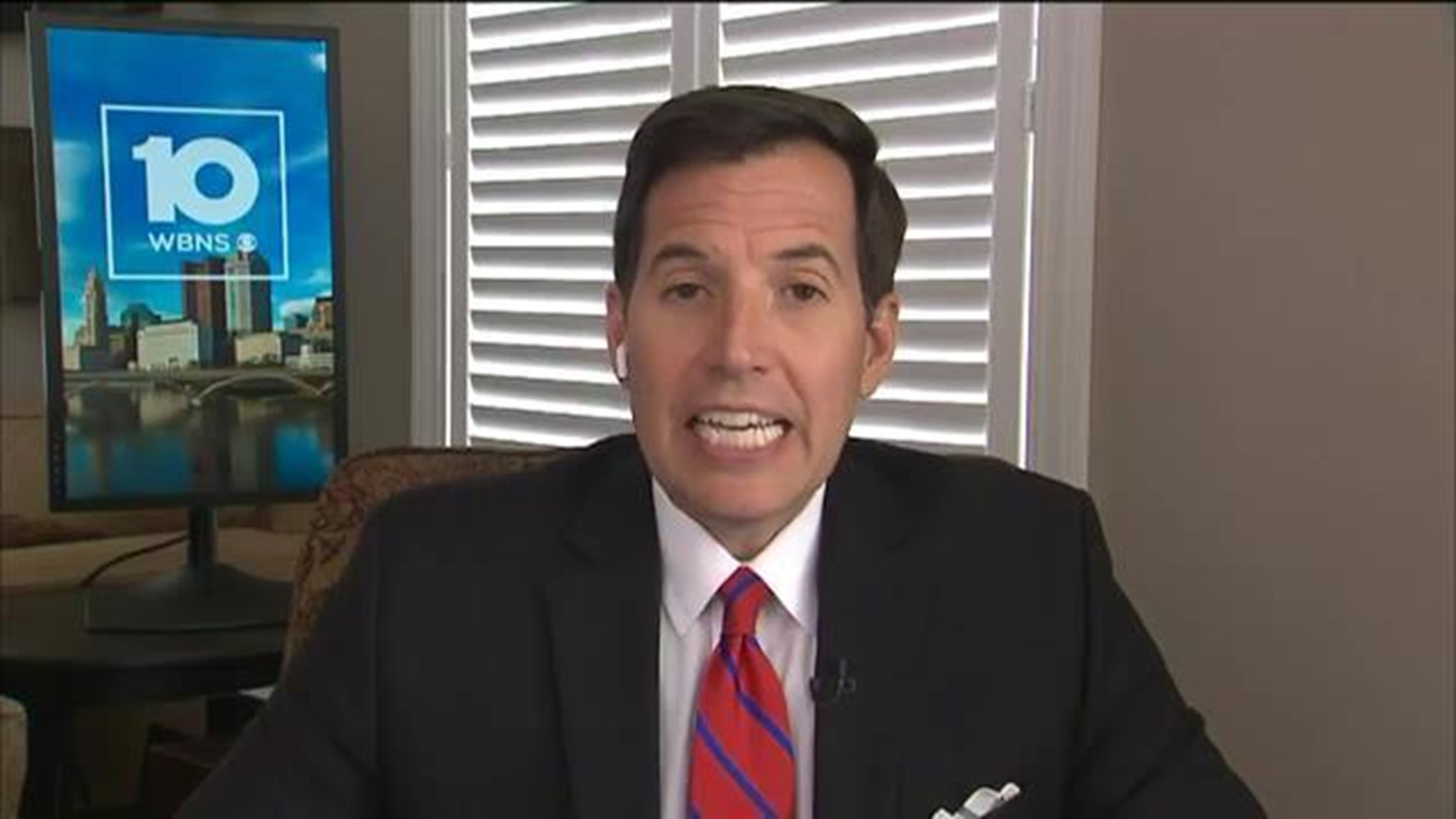COLUMBUS (WBNS) – Mount Carmel Health System has settled another wrongful death lawsuit with the family of a patient tied to the overdose scandal involving Dr. William Husel, 10 Investigates has learned.
The hospital has agreed to pay the family of Charles Longstreth $400,000, probate court records show.
Since 10 Investigates broke the news of the patient overdose scandal more than a year ago, the hospital has paid out more than $13 million to the families of patients who were under Dr. William Husel’s care.
Longstreth is one of 25 patients named in the murder indictment against Dr. William Husel, who was fired by Mount Carmel Health System in December of 2018 after an internal investigation raised questions about his care.
Husel was indicted last spring on 25 counts of murder. He has pleaded not guilty.
His trial, which was supposed to start this June, has now been delayed to April of 2021 due to coronavirus restrictions that hamper the court’s ability to limit social distancing and seat a jury. His case is not the only high-profile case to be delayed because of COVID-19 restrictions.
Prosecutors have alleged that Husel, a critical care intensivist, ordered potentially lethal doses of fentanyl be given to patients in the ICU under his care.
Ohio State law professor Ric Simmons told 10 Investigates Tuesday that any delay in a trial could potentially harm a prosecutor’s case. But he added this is not a normal case.
“I would still expect this to be a conviction given all the work they’ve put into it,” he said.
Franklin County Prosecutor Ron O’Brien said the sooner any criminal case can be heard the better.
As of Tuesday afternoon, Husel’s criminal defense attorneys – Diane Menashe and Jose Baez – had not returned emails or a phone call asking for their reaction to the trial’s delay.
Husel’s criminal defense team has not publicly presented a defense strategy.
But Husel’s civil attorneys have hinted at one – noting in a current federal lawsuit filed against Mount Carmel’s parent company, Trinity Health, that “the hospital had no policy whatsoever regarding any expected proper (or maximum) dosage (or range) to be prescribed. Rather, the hospital’s “policy” was to explicitly leave it solely to the discretion of the ICU doctors, including Dr. Husel.”
Husel has sued both Trinity and its insurance wing – asking that the company pay for his criminal defense fees. The company has responded to the lawsuit by saying the charge of murder is not covered by their policy.
Husel and nurses who worked at Mount Carmel have also sued the hospital claiming Husel was defamed by the public remarks made by the hospital about his alleged actions.
Ohio law provides immunity to doctors acting in “good faith” even in cases where “the medical procedure, treatment, intervention, or other measure may appear to hasten or increase the risk of the principal's death.”
But Simmons says he doesn’t think jurors will buy that.
“The idea that the 24th or 25th time he still was not aware that this might be a dose that had a risk of killing someone, I think is going to be hard for a jury to accept,” he said.
All told, the hospital identified 35 patients who they believe received either “excessive” or “potentially lethal” doses of painkillers like fentanyl – or dilaudid in one case.
Thirty-five patients died between 2014 and 2018, but prosecutors chose to focus their criminal case on the 25 who received 500 micrograms of fentanyl or more.
Many of the patients were on ventilators and were given the doses of prescription painkillers as life support with being withdrawn, according to interviews with patients’ families and their attorneys.
Some families told 10 Investigates in previous interviews that they switch their loved one’s care to do not resuscitate after having a conversation with medical staff at the hospital.
Charles Longstreth’s daughter declined to comment to 10 Investigates about the settlement.
But court records show Longstreth arrived at Mount Carmel west on March 23, 2018 saying “he could not breathe.” He was placed on a ventilator. The next day, after the family agreed to a do not resuscitate order – Husel ordered 500 micrograms of fentanyl and 6 mg of versed. Longsrreth died 24 minutes later, the records state.
“It wasn’t until December of 2018, that Mr. Longstreth’s daughter received a call from Mt Carmel. A Columbus police detective met with Longstreth’s daughter and told her that her dad was administered 500 mcg of fentanyl and that’s what killed him,” according to the court records.

